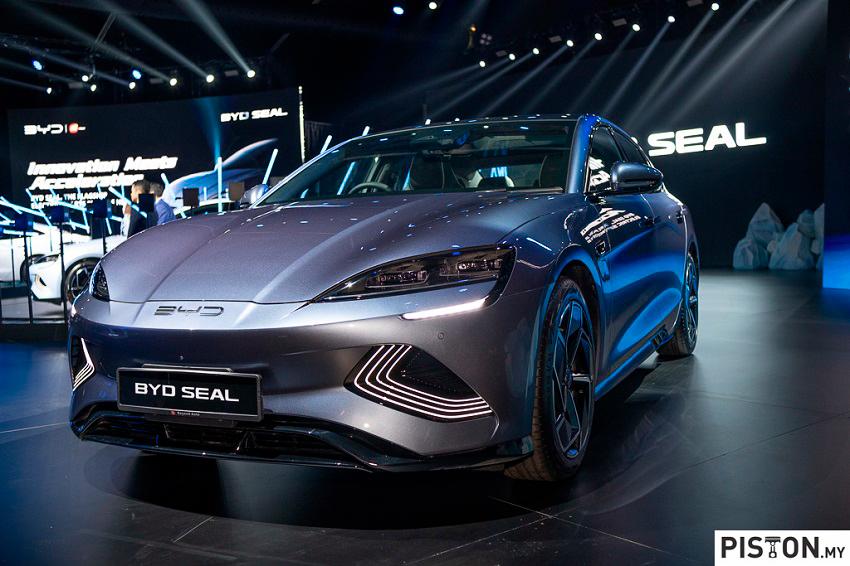IN a significant move for the future of autonomous driving, China has granted nine companies the green light to begin testing Level 3 autonomous driving systems on public roads. This approval comes approximately eight months after the Chinese government issued guidelines for the nationwide initiative and started accepting applications from firms interested in testing their self-driving technologies.
The Chinese Ministry of Industry and Information Technology (MIIT) has confirmed that Nio, BYD, Changan Auto, GAC, SAIC, BAIC BluePark, China FAW Group, SAIC Hongyan, and Yutong Bus have received approval to test their autonomous vehicles on restricted roads. These tests will allow drivers to take their hands off the steering wheel, marking a significant step towards the deployment of Level 3 semi-autonomous vehicles in China.
While Level 3 autonomous vehicles are not yet commercially available in China, these tests are expected to pave the way for the introduction of such systems for individual buyers and fleet operators. Currently, at least 10 car manufacturers in China, including Huawei and Xpeng, sell vehicles equipped with Level 2 systems.
The testing program will be closely monitored by several government bodies, including the MIIT, the Ministry of Transport, the Ministry of Housing and Urban-Rural Development, and the Ministry of Public Security. This coordinated oversight aims to ensure the safety and efficacy of the autonomous driving systems being tested.
The new legislation also potentially benefits Tesla, which could start offering its semi-autonomous driving systems in China. In May, Tesla CEO Elon Musk suggested the possibility of launching a fleet of robotaxis in China using the company’s Full Self-Driving technology before making it available in privately owned cars. Chinese representatives have reportedly shown openness to this idea. However, Tesla will need to secure approval to collect and transfer the data required by its autonomous systems.
Additionally, the Tesla Model 3 and Model Y have recently been allowed into previously restricted areas in China due to data security concerns. This approval came after one of China’s leading automotive associations confirmed that these models comply with the country’s data security regulations.
This development marks a significant milestone in the advancement of autonomous driving technology in China, potentially setting the stage for broader adoption of semi-autonomous and fully autonomous vehicles in the near future.









